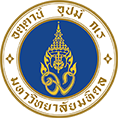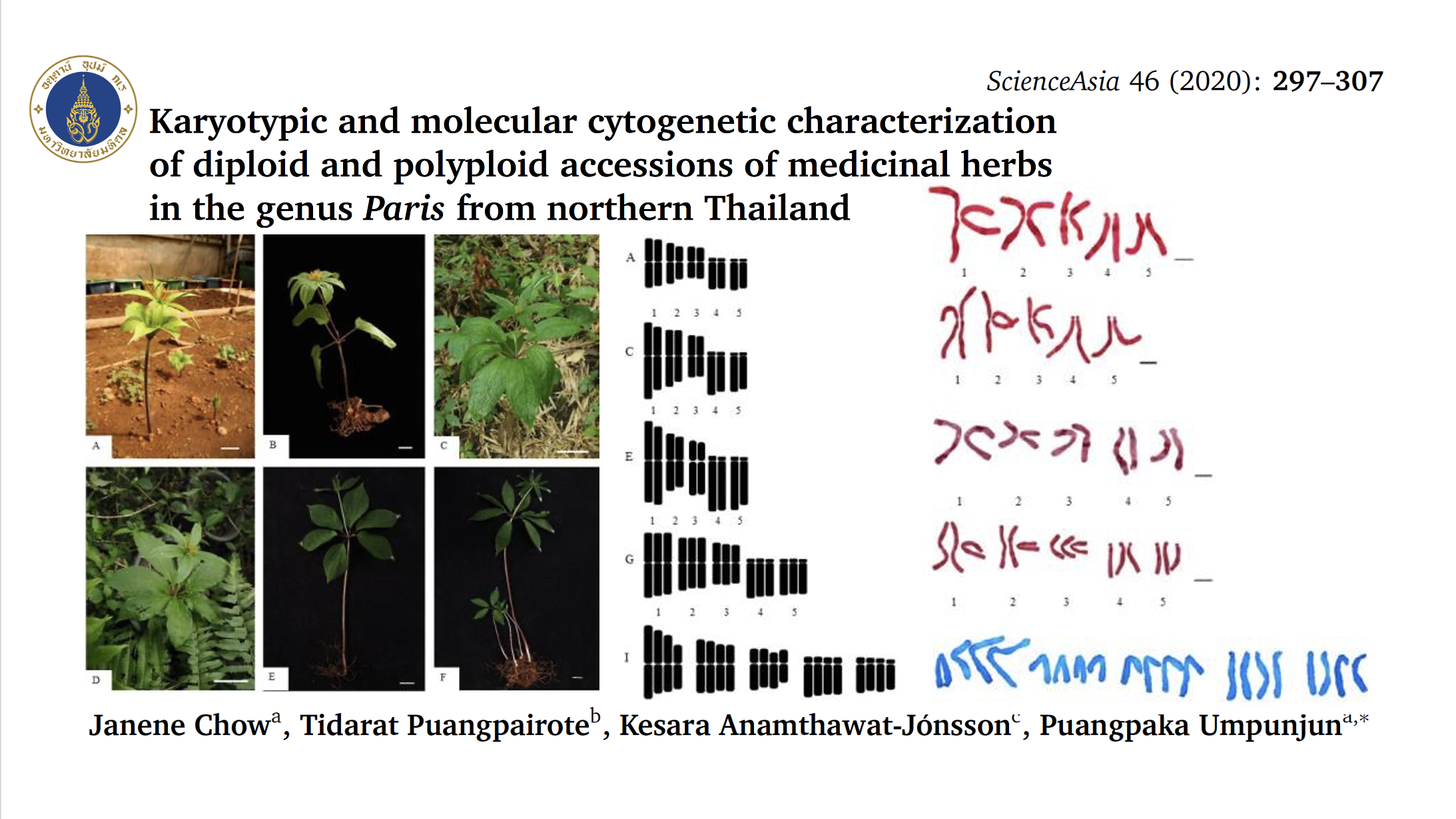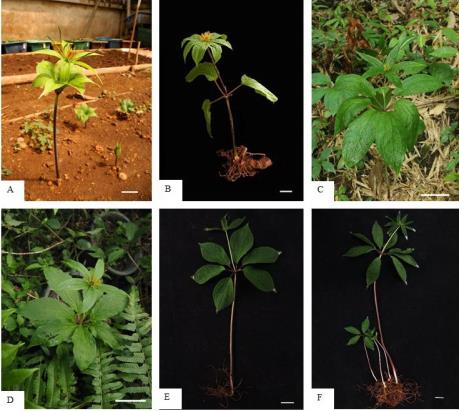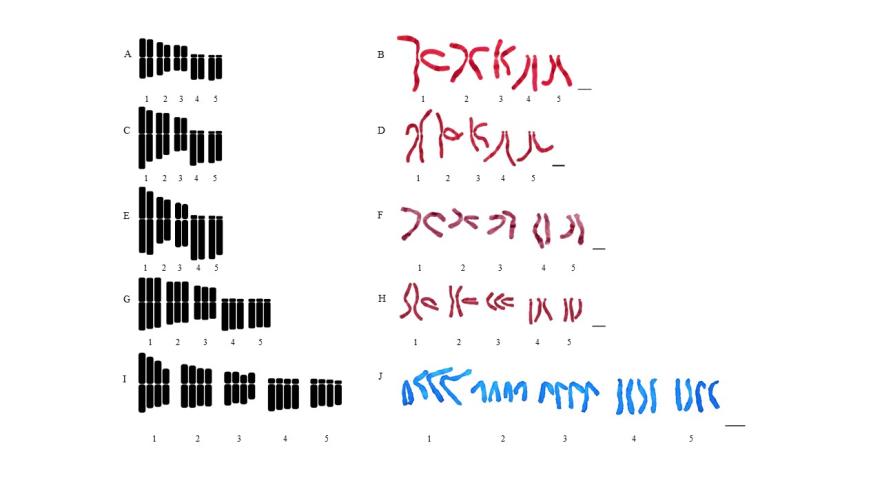Paris L. is a rare genus with high valued medicinal plant in the family Melanthiaceae. The rhizomes of this plant have been used for treatment of several symptoms such as antibacteria, inflammations and injuries. Especially it contains steroidal saponins, dioscin, polyphyllin D, and balanitin 7 which have been proved to be anti various cancers. However, its slow growth and the excessive harvesting for illegal export lead to the risk of extinction in the near future. Actually, there is no record about scientific information from in-dept research in Thailand and very few data presented internationally.
The genetic data from this study support plant identification, breeding, , selection, genetic resource management and sustainable use with international standard. The results show that Paris has genetic diversity of both chromosome numbers and Karyotypes with diploid (2n=2x=10: A-F), triploid (2n=3x=15: G-H) and tetraploid (2n=4x=20: I-J). Generally, plant with higher ploidy level probably produce more production and more tolerant to environment.
The results are a part of project “Research and development of Tin hung doi (Paris polyphylla Sm.) a rare medicinal plant for conservation and sustainable use” which was supported by Plant Genetics Conservation Project under the Royal initiative of Her Royal Highness Princess Maha Chakri Sirindhorn (RSPG), National Research Council of Thailand (NRCT), Biodiversity-Based Economy Development (BEDO), the Center of Excellence on Biodiversity (CEB), Erasmus Mundus Scholarship 2018, Mahidol University and University of Iceland and mainly conducted at Department of Plant Science, Faculty of Science, Mahidol University. Associated SDG goals are Zero Hunger (2) Quality Education (4) and Partnerships for the Goals (17).
Reference:
“Karyotypic and molecular cytogenetic characterization of diploid and polyploid accessions of medicinal herbs in the genus Paris from northern Thailand” 2020 Chow, J.; Puangpairote, T.; Anamthawat-Jónsson; K.; Umpunjun, P.*_ScienceAsia 2020, 46: 297–307.





